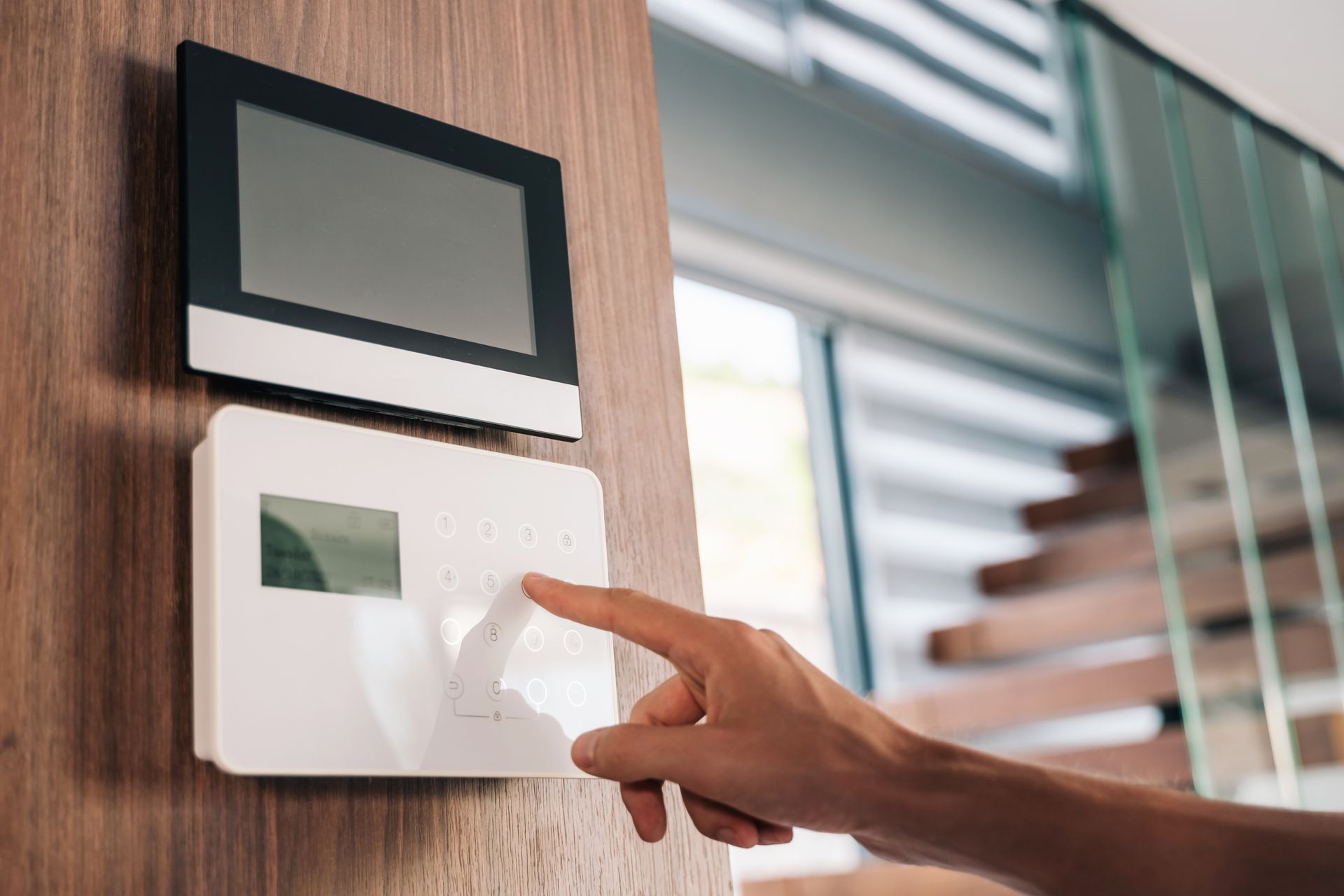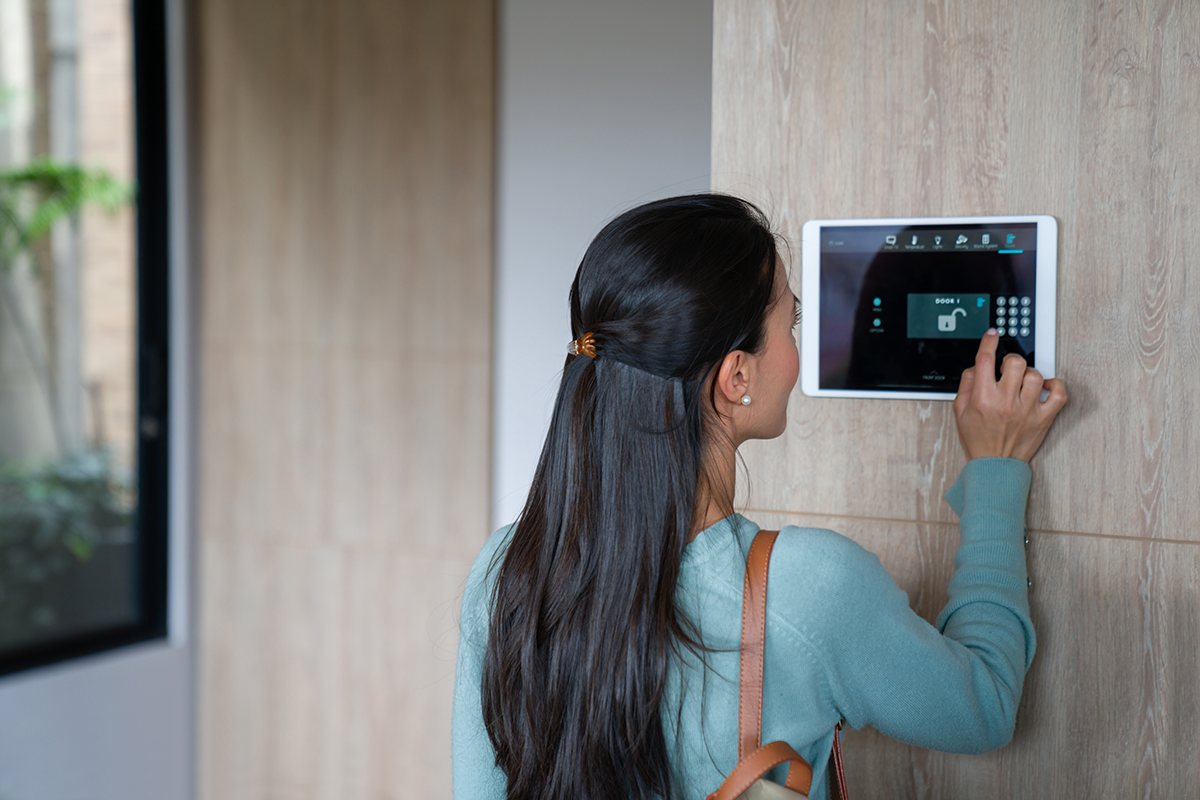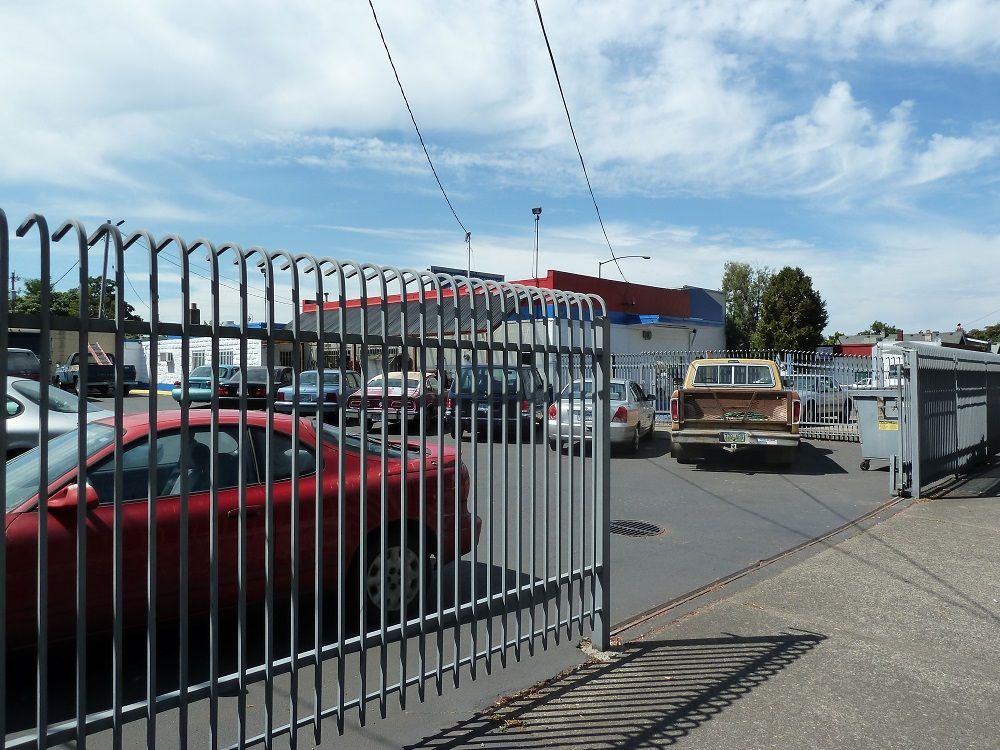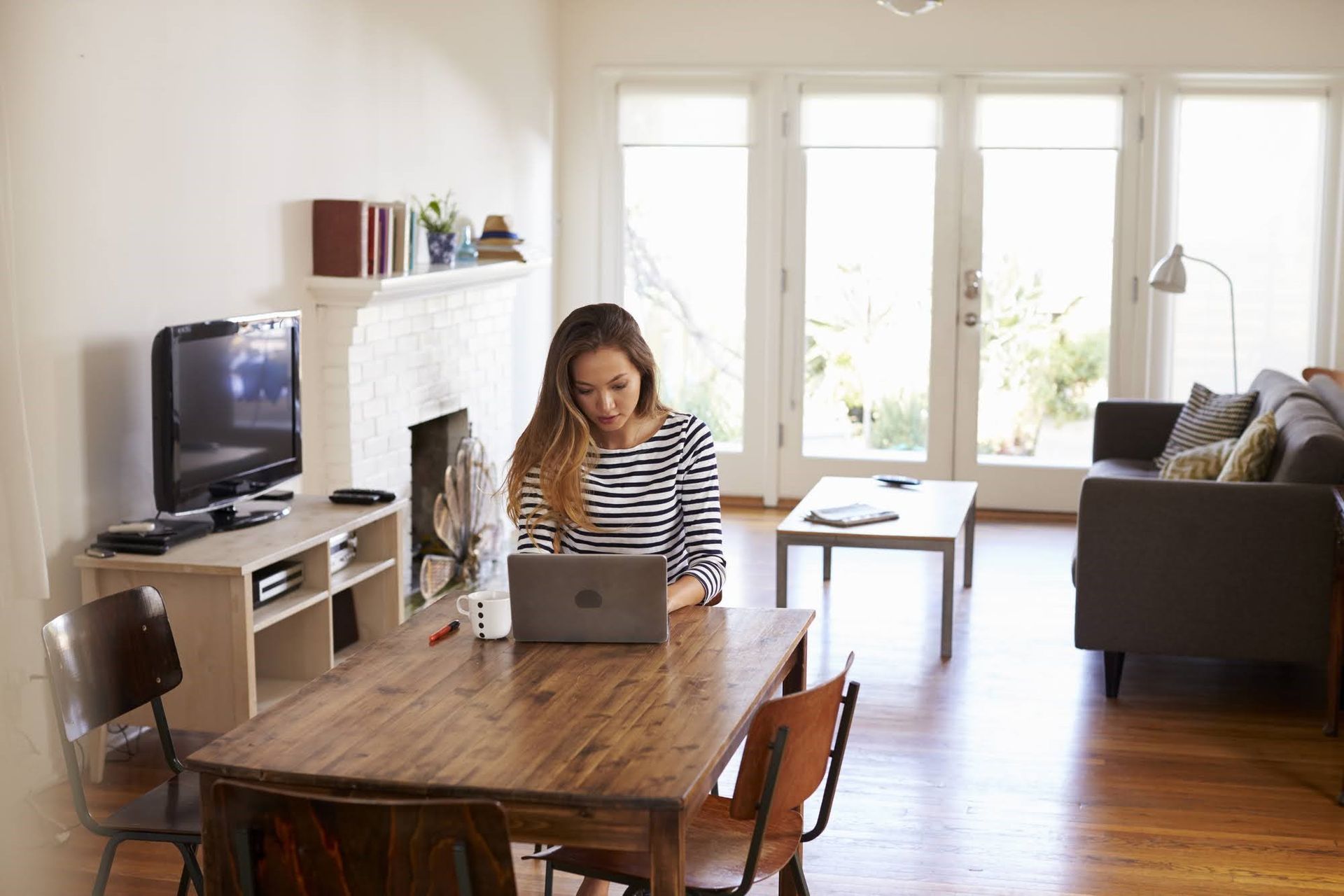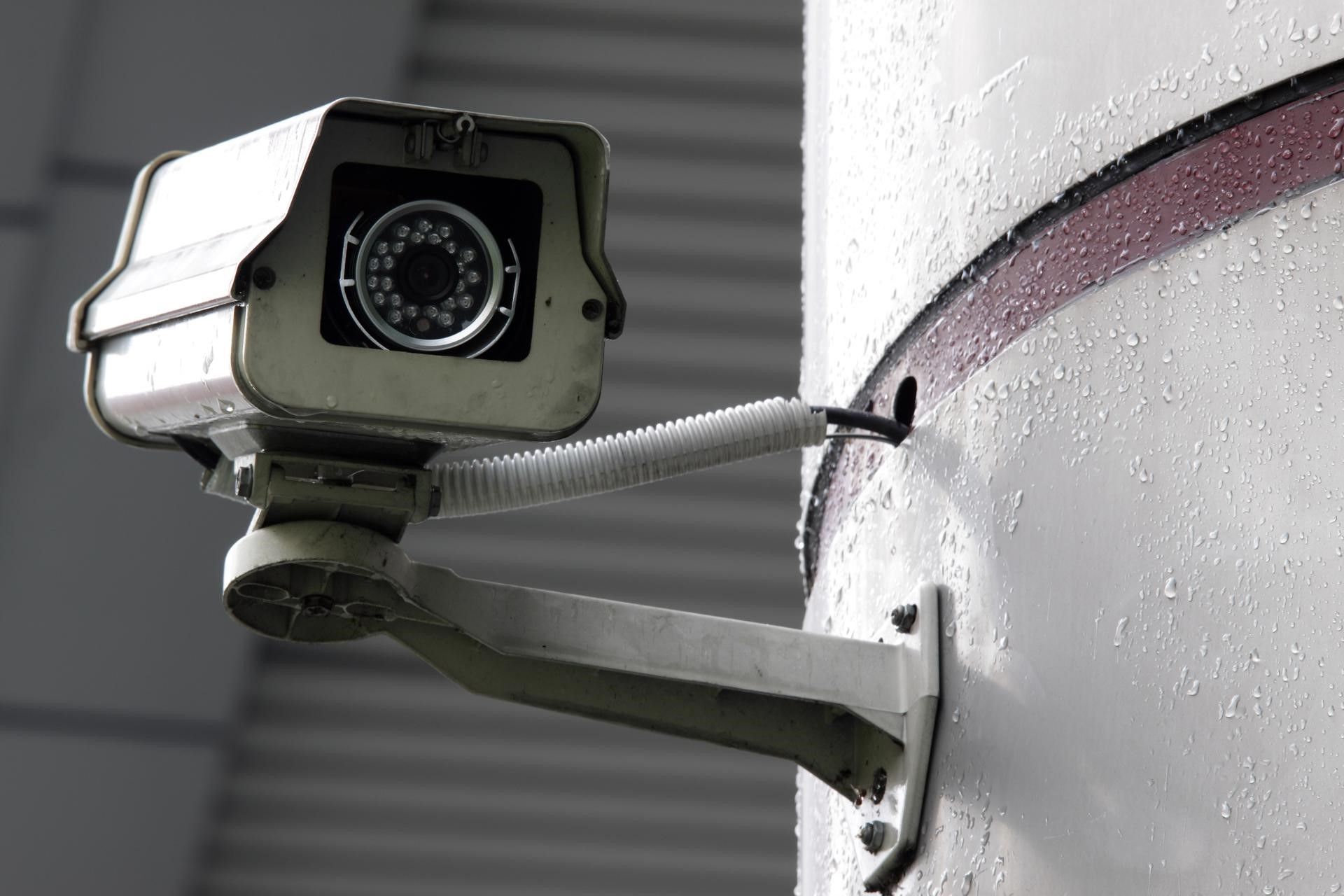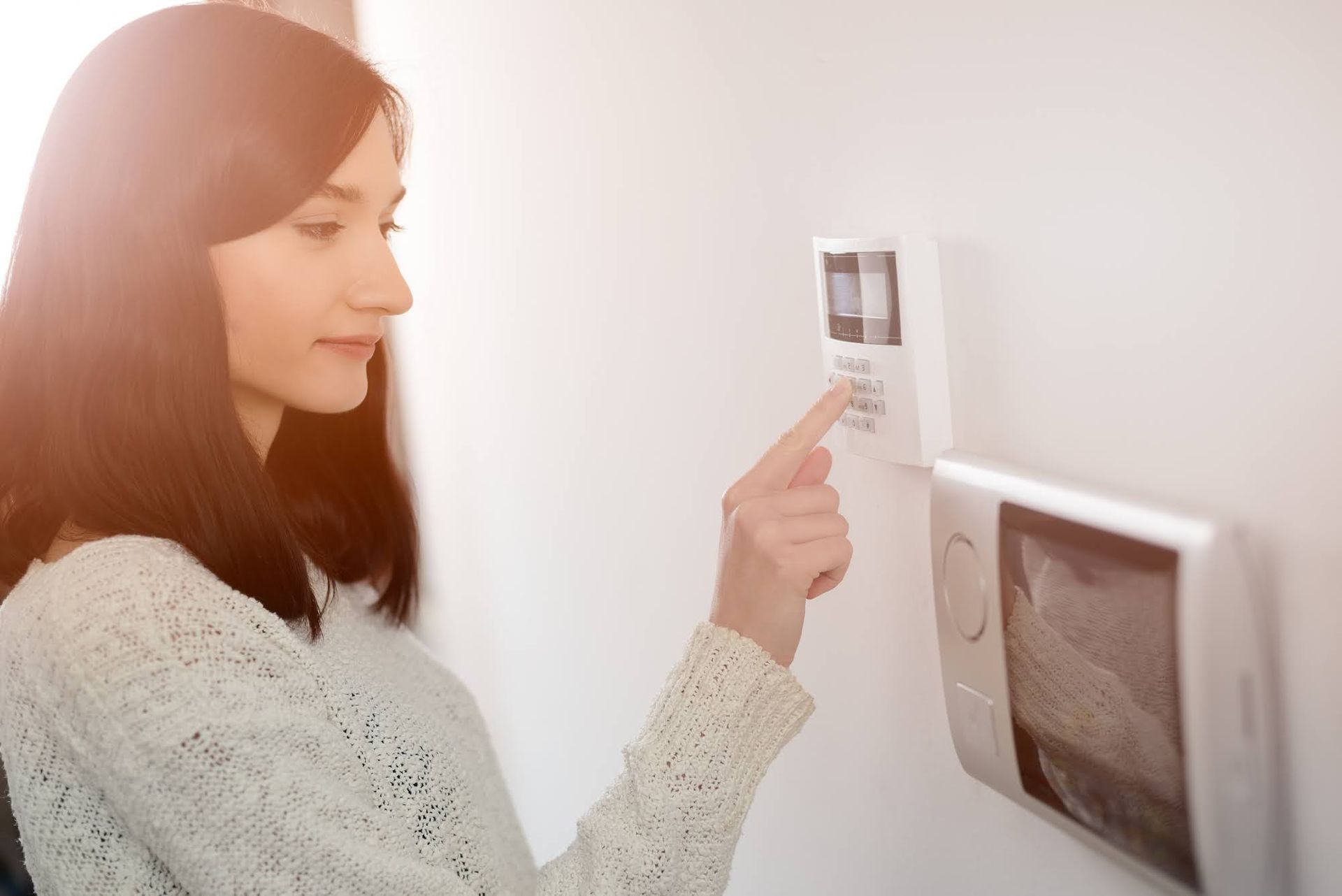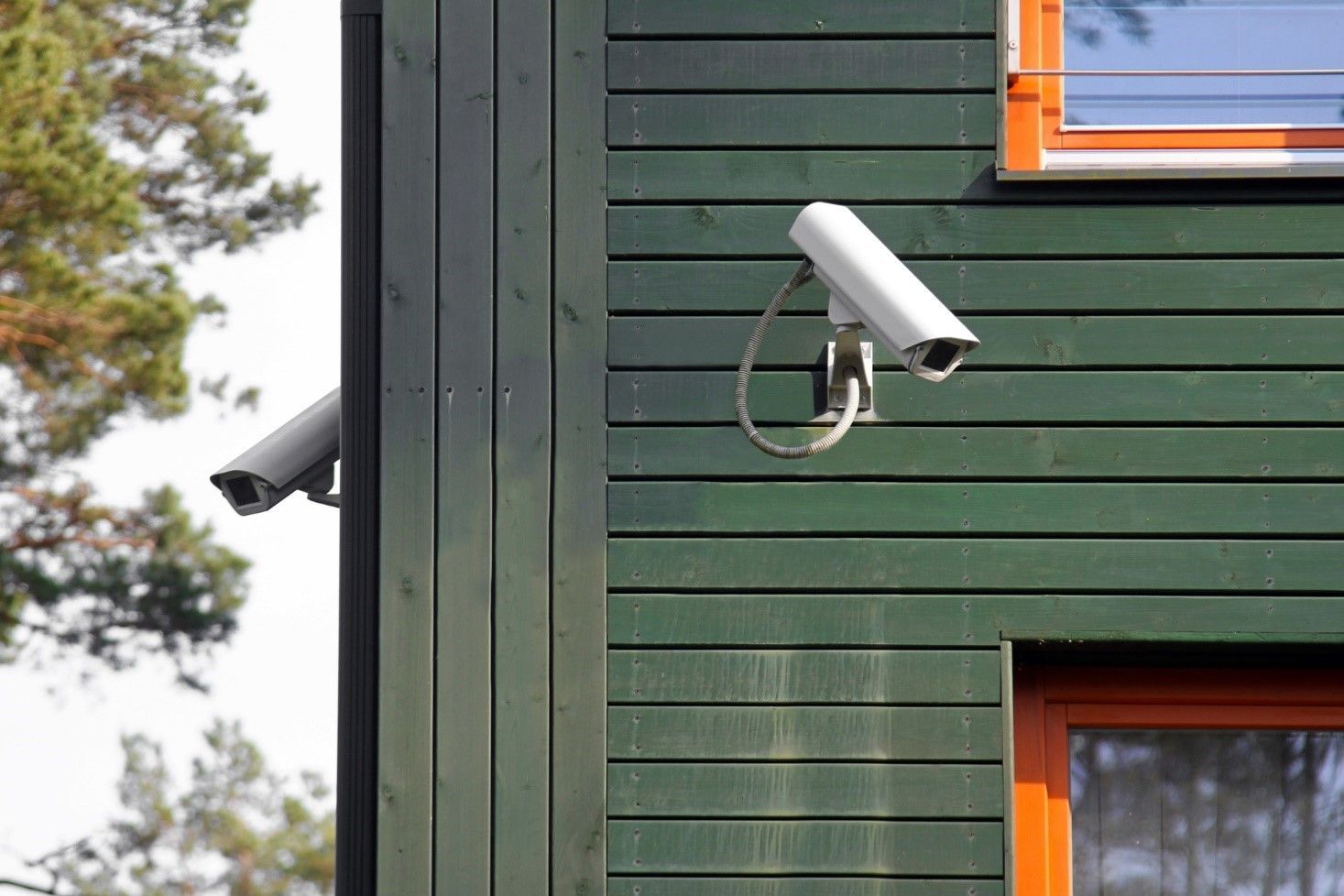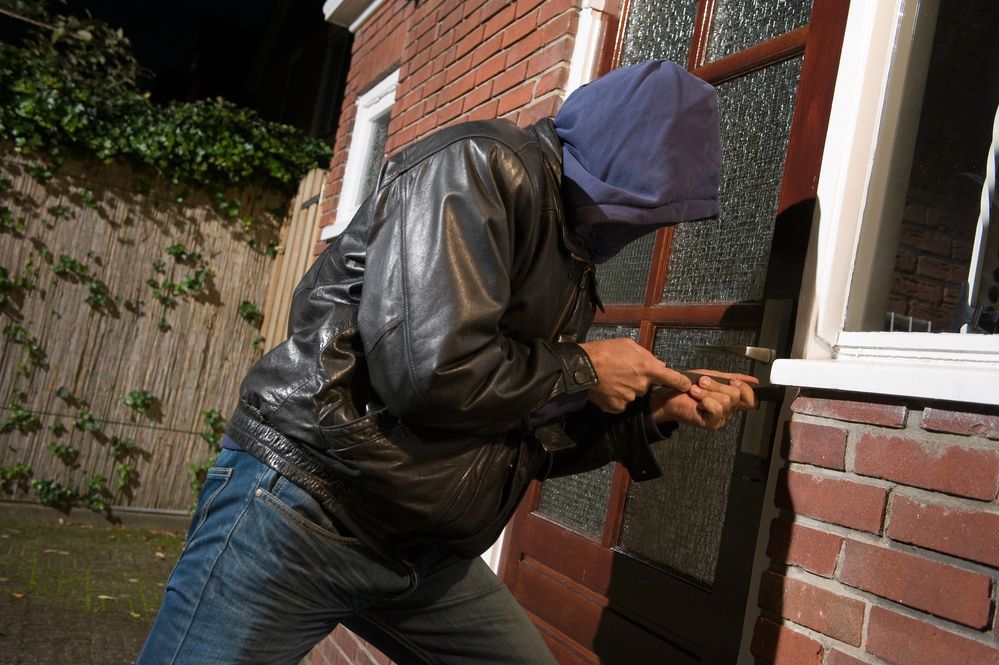Balance Home Security, Local Laws, and Personal Privacy
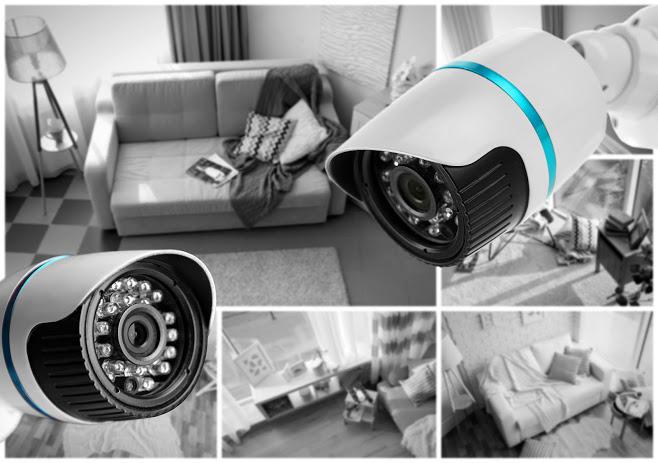
Home surveillance systems can help to deter criminals, and they supply valuable evidence for law enforcement if a crime occurs. The systems have become so affordable and user-friendly that nearly every family can afford some type of protection. Unfortunately, the use of surveillance can become a legal and moral concern because it can reveal very private moments.
These tips can help you strike an appropriate balance between legality, privacy, and security.
Keep Systems Legal
Exterior CCTV systems typically do not violate privacy laws. Basically, the legal system feels that people should not have an expectation of privacy when somewhere in view to the public. A potential problem can exist if an exterior camera on one home records events taking place inside another home. People do have the right to expect privacy inside their homes.
Homeowners that install cameras inside the house also need to keep some privacy and legal issues in mind. Cameras typically cannot go in bathrooms, in guest bedrooms, or in the bedrooms of children over the age of 18. It is legal in Nevada, with some restrictions, to use nanny or granny cams to watch caregivers as they work with children or the elderly.
All homeowners need to supply caregivers with written notice of any cameras in place that record audio and video. Other considerations could include the agreement in any employee contracts when an agency supplies the employee. Some companies include instructions in their contracts that forbid the use of video surveillance.
Talk to Family
Granny cams that watch caregivers work with elderly loved ones can protect family, but that does not mean the individual wants the protection. Some seniors may dislike the idea. It can especially upset those who may already feel they have lost their right to privacy as they have become less independent.
Many children today were born into a society under surveillance, but that does not mean they appreciate it. Children, especially teens, under the constant watchful eye of a camera may feel their parents micromanage their lives. An open discussion about privacy and respect can help families to find a balance where everyone stays comfortable.
Another consideration is when family members or friends visit. It is not necessary to inform them of video surveillance in communal areas in the home. An exception is if a room, like a den or other traditionally open room, becomes a temporary bedroom for the guest. Video surveillance cannot take place in rooms where someone expects complete privacy.
Stop Outside Hackers
Outside hackers become a concern with the use of surveillance systems that use Wi-Fi to allow people to remotely check on their homes. If homeowners can access the cameras remotely, then strangers have the potential to do so as well. It is vital to protect everyone against these types of breaches.
Homeowners need to remember to change their default passwords when the system begins operation, always use complex passwords, and change the password every few months. The homeowner should also turn off the feature that allows remote viewing of the cameras whenever the system is not in use by them.
Everyone should know the signs that may signal a possible hacker. Unusual sounds that come from the cameras, cameras that move on their own, and illuminated or blinking LED lights could be signs a stranger has connected to their cameras. Another concern is if the security settings change randomly. Get help from a surveillance expert to review the system.
Most people have accepted the fact that they have no control over cameras in public but do not want this type of surveillance in their home. At All Pro Security, Inc.
, we can help you to find a system that not only keeps you safe but ensures everyone feels comfortable as well. Contact us to discuss your needs and your concerns.

